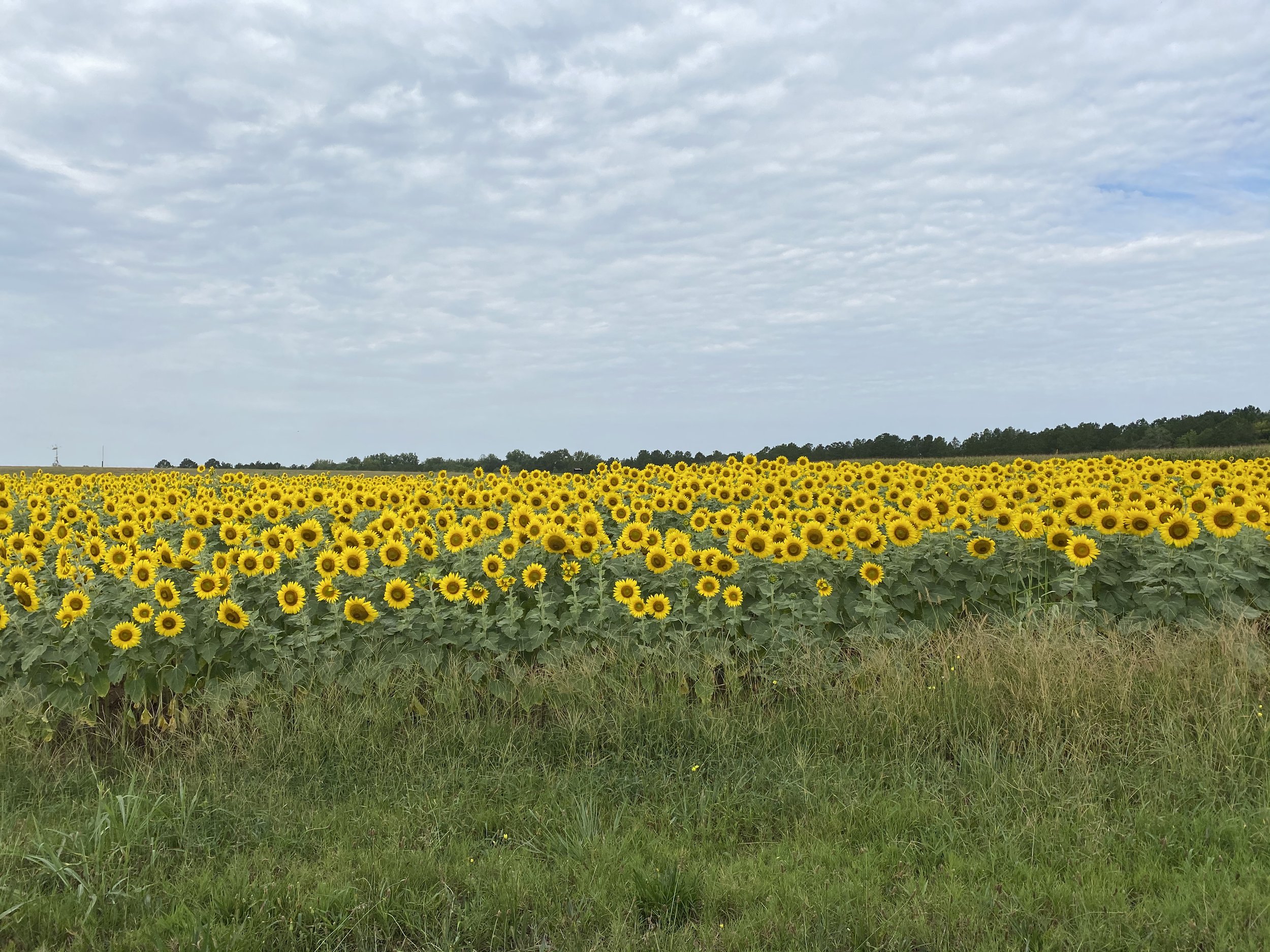
Project Summary
Introduction
To create innovative, data-driven agricultural production systems, producers will need access to their own data, simulations, forecasts, and modeling to learn how they can transform their operations towards enhancing sustainability. We must support this access by developing a better understanding of the data framework that would best support our national producer communities and, by doing so, the consumers that rely on them.
This project will develop a blueprint for a national framework needed to create a neutral and secure data repository cooperative where producers, small businesses, land-grant universities, and not-for-profit entities can store and share data and develop powerful tools that enable producers to make more informed enterprise-level management decisions. The FY 2021 consolidated appropriations bill included a general provision (Section 779) that requires the National Institute of Food and Agriculture (NIFA) to develop a public-private cooperative framework based on neutral data repository solutions to curate, steward, preserve, share, and leverage the data generated by technological advancements in the agriculture industry. This data framework would enable land-grant universities, non-profits, and small businesses to partner with national and regional producers to support the development of advanced technologies and sustainable, profitable practices to meet the increasingly complex agricultural challenges of farmers and ranchers.
The goal of the National Agricultural Producers Data Cooperative (NAPDC) project is to gather essential information needed to inform a cross-domain and cross-community data framework that can support a “grower data lake” across diverse national and regional agricultural systems. To access these systems, the project will ensure diverse participation including all types of agricultural research institutions, producers, small businesses, and representatives of all relevant data producer and consumer organizations - including 1862, 1890, and 1994 land grant institutions, USDA-ARS, and the National Agricultural Library - with attention to the costs and benefits for all sectors and with special attention to barriers and value for farmers and ranchers. The project will focus on the framework’s development for initial use cases with a clear explanation of how these would be followed by platform growth and program development.
Rationale and Significance
The NAPDC is informed by an understanding that data and technology will drive the future of domestic agricultural production. This future is predicated on advances in precision crop and livestock management, smart use of limited water resources, and adoption of regenerative agricultural practices, such as cover crops and low- or no-till management, as we face the challenge of climate change and the need for increased carbon capture.
Bringing together growers and producers, commodity boards, land grant universities, research libraries, and curation experts, non-profit entities, private industry partners, and federal agencies to explore regional and national opportunities, challenges, and needs regarding a data framework is both necessary and timely to address these--and other--grand challenges.
Working to solve complex problems requires that diversity of thought and expertise be brought together successfully around a data framework that is dynamic in nature, comprised of both “horizontal” (common infrastructure) and “vertical” (domain-specific) components, and able to link disparate information to drive robust AI systems. Such a framework would be “open” or available to all stakeholders including the researchers and small companies who will help push the advancement of the relevant technologies for competitive advantage. The development of such a framework will require a nonproprietary, public–private effort that engages with a diverse range of stakeholders and results in a shared infrastructure with clear benefits for producers.
Objectives
It is important to note that this is not a traditional research project. Instead, consistent with the RFA, the overall objective of this project is to engage agricultural stakeholders across diverse systems and provide a blueprint for the development of a national agricultural producers data framework. The project will provide details for ensuring that potential benefits and incentives of the framework are fully developed along with careful consideration of aspects related to security, privacy, and governance information and processes that would be required for such a framework to succeed. The project will propose initial use cases with a clear explanation of how these would be followed by platform growth and program development.
1. Develop a blueprint for a national agricultural producers data framework by identifying needs and opportunities as well as challenges in physical infrastructure, education and human resources, and critical use cases.
2. Engage and support diverse participation, including all types of agricultural research institutions, producers, and representatives of all relevant data producers and end-user organizations, to foster the first steps towards the development of the framework in #1.
3. Communicate and disseminate findings of all activities through regional conferences, white papers, websites, peer-reviewed articles, and presentations to scientific and producer groups.
Expected Outcomes
● A community-informed blueprint for a national agricultural producers data framework that is “open” to all stakeholders and is designed to enable data-to-knowledge and maximize producer benefit.
● Definition of needed infrastructure, resources, and protocols for the development and sustainability of a national data framework.
● White papers and other published products that help define the future of a national data framework.